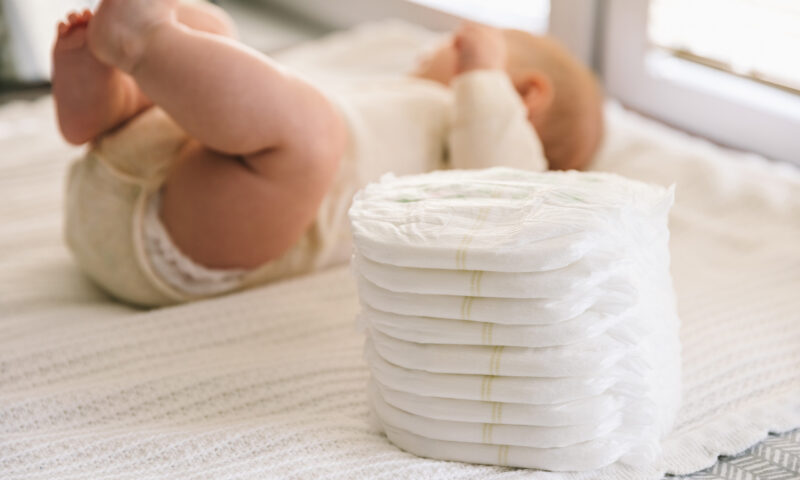Our View on Unsustainable Single-Use Products
In case you missed it (somehow), single-use plastics are proving to be a bit of a problem for the planet. Around 40% of plastics consumed are single-use, meaning they’re produced and then discarded after just one use.
A lot of time, effort and money goes into making products from single-use plastic, but it doesn’t quite add up – they’re made to last forever, but thrown out after one use? So, where do they go after that?
Well, they end up in the ocean, or on the beach, or in forests, or woods – basically anywhere they can cause harm to the ecosystem or it’s habitants – you’ll find single-use plastics. A very small amount of plastic is actually properly recycled, and it’s becoming an issue.
It’s a wholly unsustainable system, and if it doesn’t change soon, the planet and it’s inhabitants (including you reading this) won’t be in a good place at all.
So, what can you do to help?
Shop Smart
First, shop a little smarter – look for products that don’t contain any single-use plastics. Things for the home can include plastic-free toilet paper, biodegradable nappies and shampoos and soaps without excess packaging. Often these essential products don’t take into consideration the impact their packaging has on the planet, so shop around and find products that do.
In fact, the EU has made this process much simpler thanks to their new ‘Plastic In Product’ logo, also known as the Dead Turtle Logo. This logo is now present on products like baby wipes and plastic straws which contain single-use plastics, meaning shoppers in the EU can make smarter decisions.
Out and about
Reconsider buying a coffee from your favourite café, the lid and cup are very rarely recyclable! If you can’t go for long without your beloved caffeine fix, bring a reusable cup with you instead – baristas will fill this up for you and sometimes even give you money off for bringing one in. Then all you need to do is finish your brew, bring it home and clean it before using it again.
Never leave your house to go shopping without bringing your own bag, too. Plastic carrier bags are a huge nuisance to the environment and one of the key components to plastic pollution. Use a reusable bag or reuse an old plastic one instead of using it once and throwing it away.
Bulk is better
Buying your items in bulk not only means that you stay stocked up, it also means less potential for plastic packaging in your delivery.
Consider bulk buying home essentials like toilet paper, kitchen towels and wipes in order to reduce your single-use plastic usage.
By considering what you’re purchasing before buying, you’re thinking with the planet in mind. If we can all switch up our shopping habits just a little, we could potentially reduce the need for the production of single-use plastics in the long run.
If we all make small switches to reduce our plastic intake, we can help the planet recover from the recent plastic pandemic and bring it back to full health. A small change really can make a huge difference.


Comments are closed.